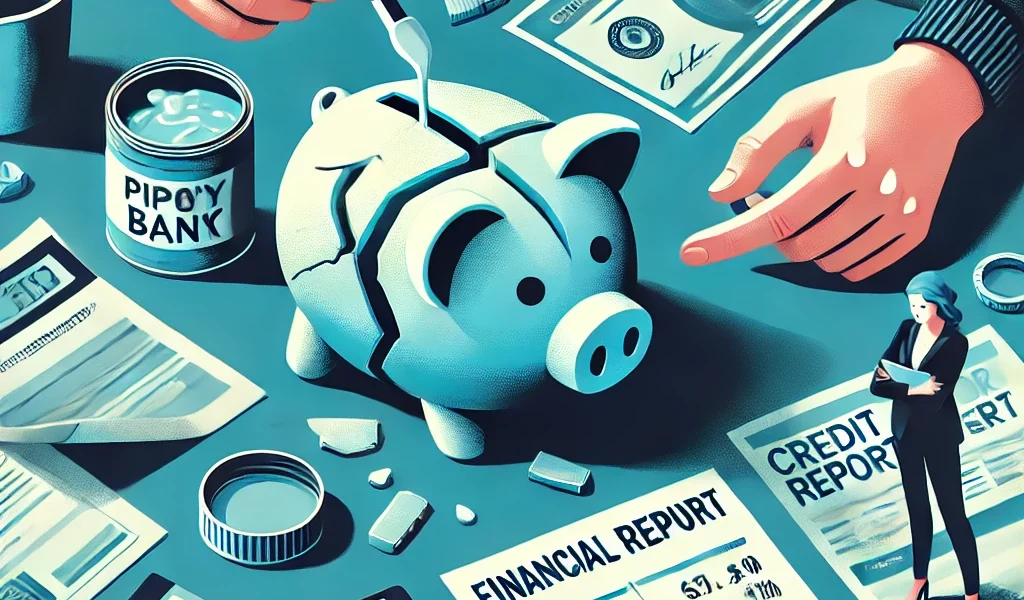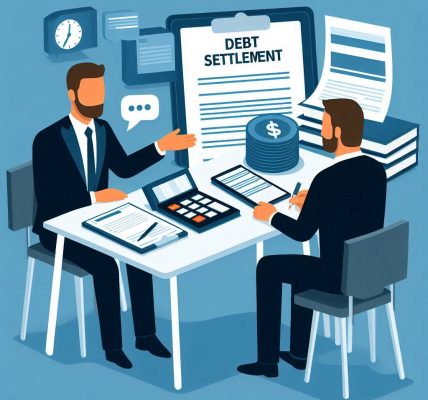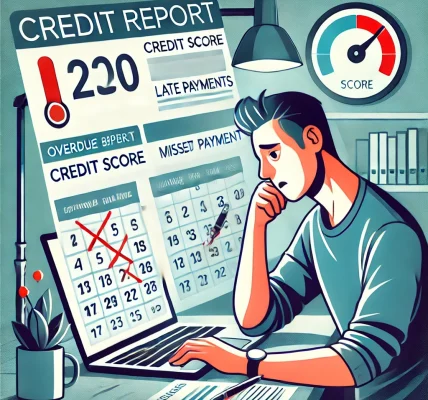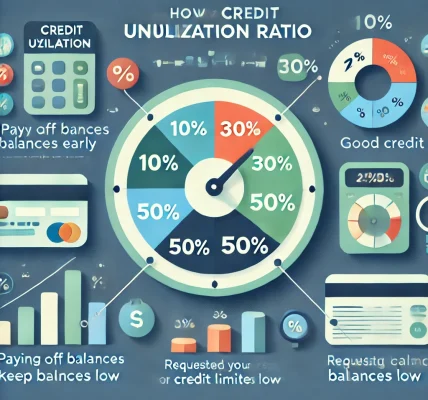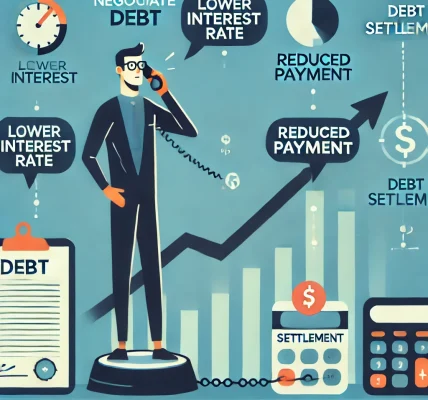Introduction
Bankruptcy is a legal process that provides relief to individuals or businesses struggling with overwhelming debt. While it offers a fresh financial start, it also comes with long-term consequences. Understanding how bankruptcy affects your financial life and the steps to rebuild credit afterward can help you make informed decisions. This article explores the impact of bankruptcy and offers practical strategies to regain financial stability.
What is Bankruptcy?
Bankruptcy is a legal proceeding in which an individual or business declares their inability to pay outstanding debts. In the United States, there are different types of bankruptcy filings under the U.S. Bankruptcy Code, with Chapter 7 and Chapter 13 being the most common.
- Chapter 7 Bankruptcy: Also known as “liquidation bankruptcy,” this process involves selling non-exempt assets to repay creditors. Most unsecured debts, such as credit card balances and medical bills, are discharged.
- Chapter 13 Bankruptcy: Also called “reorganization bankruptcy,” this allows individuals to keep their assets while repaying debts through a court-approved plan over three to five years.
How Bankruptcy Affects Your Financial Life
1. Credit Score Impact
Bankruptcy significantly lowers your credit score, often by 150 to 200 points or more. The negative mark remains on your credit report for up to 10 years (Chapter 7) or 7 years (Chapter 13), making it harder to qualify for loans, mortgages, and credit cards.
2. Difficulty in Securing New Credit
Many lenders view bankruptcy filers as high-risk borrowers. You may face higher interest rates, stricter loan conditions, or outright denial when applying for new credit.
3. Impact on Employment Opportunities
Some employers conduct credit checks as part of their hiring process. While bankruptcy does not automatically disqualify candidates, it may raise concerns about financial responsibility, especially for jobs in finance or management.
4. Limited Housing Options
Landlords often check credit reports before approving rental applications. A bankruptcy record may make it harder to rent an apartment, though some landlords may still approve tenants with proof of stable income and a security deposit.
5. Higher Insurance Premiums
Some insurance companies consider credit scores when determining premiums. A low credit score resulting from bankruptcy may lead to higher rates for auto, home, or life insurance.
How to Rebuild Credit After Bankruptcy
Rebuilding credit after bankruptcy requires patience, discipline, and strategic financial planning. Here are key steps to take:
1. Review Your Credit Report
Check your credit report regularly for errors. Ensure that discharged debts are marked correctly and dispute any inaccuracies with credit bureaus (Experian, Equifax, and TransUnion).
2. Create and Stick to a Budget
Develop a realistic budget to manage your finances effectively. Prioritize essential expenses, build an emergency fund, and avoid unnecessary debt.
3. Obtain a Secured Credit Card
A secured credit card requires a cash deposit as collateral. Use it responsibly by making small purchases and paying off the balance in full each month to demonstrate good credit behavior.
4. Become an Authorized User
Ask a trusted family member to add you as an authorized user on their credit card. This can help improve your credit history if the primary cardholder makes on-time payments.
5. Apply for a Credit-Builder Loan
Credit-builder loans are designed to help individuals with low credit scores. These loans require payments upfront, which are then reported to credit bureaus, gradually boosting your credit profile.
6. Pay Bills on Time
Payment history accounts for 35% of your credit score. Always pay utility bills, rent, and other obligations on time to show financial responsibility.
7. Limit New Credit Applications
Avoid applying for multiple credit cards or loans at once, as each hard inquiry temporarily lowers your credit score. Focus on gradually building a positive payment history.
8. Diversify Your Credit Mix
A good credit mix, including installment loans (e.g., auto loans) and revolving credit (e.g., credit cards), can improve your credit score over time.
Conclusion
While bankruptcy has serious financial consequences, it is not the end of your financial journey. By adopting responsible financial habits and implementing credit-rebuilding strategies, you can recover and achieve financial stability. With time, discipline, and informed decision-making, rebuilding your credit after bankruptcy is entirely possible, paving the way for a more secure financial future.
